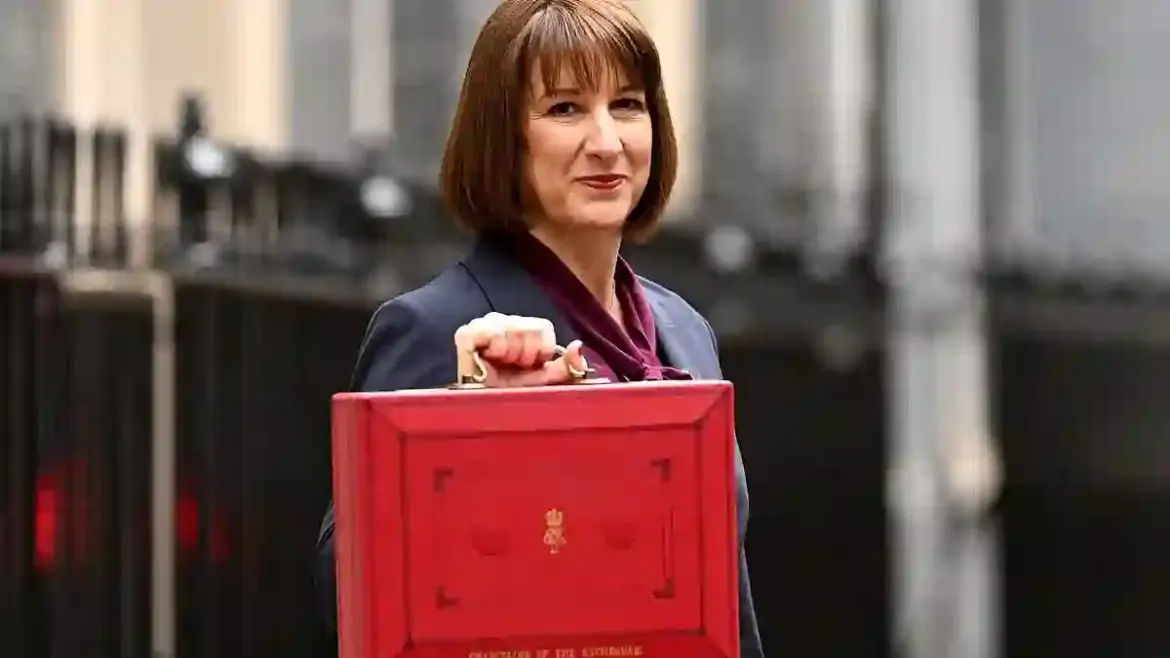In a move that has sparked debate across Westminster, Labour Chancellor Rachel Reeves has quietly brought pensions minister Torsten Bell on board to help shape the upcoming autumn Budget.
The announcement comes as the government faces a £50 billion shortfall in public finances, raising questions about what lies ahead for taxpayers.
Who is Torsten Bell?
Torsten Bell, a former adviser to Ed Miliband, is known for his work at the Resolution Foundation, a left-leaning think-tank advocating for higher taxes and increased public spending. While some hail him as one of Labour’s “sharpest minds,” critics highlight his controversial history, including his role in the infamous 2015 ‘Ed Stone’ manifesto which drew widespread ridicule.
Bell served nearly a decade as chief executive of the Resolution Foundation before stepping into frontline politics as Labour’s candidate in Swansea West.
In January, he was appointed pensions minister, despite previously advocating for scrapping the pensions triple lock—a policy Labour has pledged to uphold.
Controversial Policies and Criticism
Bell’s record includes proposals to:
-
Tax higher earners’ pensions and reduce tax-free withdrawals
-
Increase inheritance tax on family farms and businesses
-
Review exemptions from capital gains tax on family homes
-
Raise fuel duties and council taxes
Such positions have fueled concerns among critics that the autumn Budget may hit households and businesses hard.
Shadow Chancellor Sir Mel Stride warned that Bell’s appointment “confirms Labour’s intent—higher taxes, more borrowing, and punishing success,” arguing that the minister favors taxation over spending cuts.
Supporters Highlight Expertise
Supporters say Bell brings valuable insight, having seen Budget-making from both ends—advising ministers and analyzing policies in the media.
An ally of Reeves told the New Statesman that his experience could provide fresh perspectives as the Chancellor navigates a challenging fiscal landscape.
Market and Political Reactions
However, the reaction has not been universally positive. Former Tory leader Sir Iain Duncan Smith called the appointment “disastrous,” claiming it signals Labour is out of ideas and warning of further tax rises.
Similarly, Julian Jessop from the Institute for Economic Affairs noted that the news reportedly caused government borrowing costs to rise, suggesting bond markets are wary of Bell’s influence.
What’s Next
With the Budget looming, Torsten Bell’s role is likely to come under intense scrutiny from both political opponents and the public.
As Rachel Reeves grapples with a £50 billion shortfall, the choices made in the coming months could shape Labour’s economic strategy and the UK’s financial outlook.
Bell has declined to comment on his new responsibilities.



